Choosing the right flooring for your business is a crucial decision that can have long-lasting implications. Two popular options that often come up are ceramic tiles and vinyl flooring. Each material has its own set of advantages and drawbacks. In this article, we will compare ceramic tiles and vinyl flooring based on various factors to help you make an informed decision for your business premises. 1. Durability: When it comes to durability, ceramic tiles have an edge over vinyl flooring. Ceramic tiles are made of clay and fired at high temperatures, making them extremely resistant to damage. They can withstand heavy foot traffic, moisture, and scratches. On the other hand, vinyl flooring is more prone to dents, scratches, and wear and tear. While vinyl flooring is durable, it may not be as long-lasting as ceramic tiles, especially in high-traffic areas.
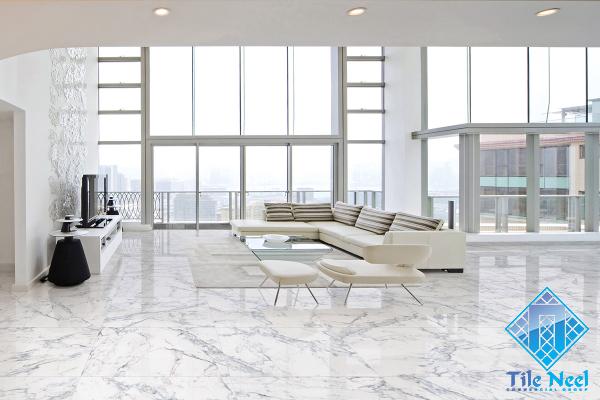
.
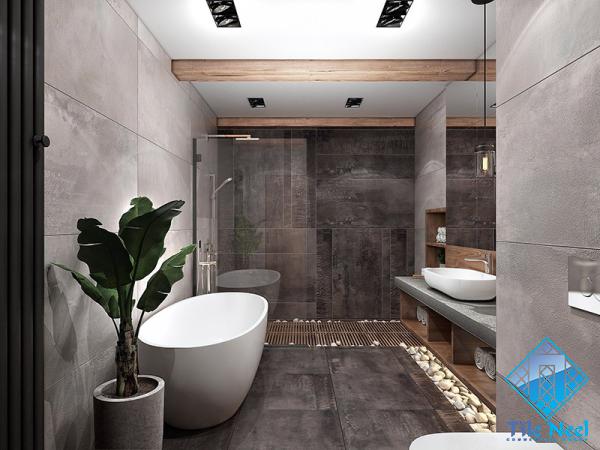 2. Aesthetics: Ceramic tiles offer an extensive range of design options, colors, patterns, and textures. From traditional to modern, there is a ceramic tile suitable for every business style. The color and designs of ceramic tiles are embedded into the material, ensuring they don’t fade over time. Conversely, vinyl flooring has improved significantly in aesthetics in recent years. With advancements in technology, vinyl can now realistically mimic the appearance of wood, stone, and tile. However, some may argue that ceramic tiles still provide a more authentic and luxurious look. 3. Maintenance and Cleaning: Both ceramic tiles and vinyl flooring are relatively easy to clean and maintain. Ceramic tiles can be swept or vacuumed regularly and can withstand common cleaning agents. However, the grout lines between the tiles may require occasional sealing to prevent staining. Vinyl flooring can be mopped or swept regularly, and most spills can be easily wiped away. However, caution must be exercised when using harsh chemicals as they can damage the surface.
2. Aesthetics: Ceramic tiles offer an extensive range of design options, colors, patterns, and textures. From traditional to modern, there is a ceramic tile suitable for every business style. The color and designs of ceramic tiles are embedded into the material, ensuring they don’t fade over time. Conversely, vinyl flooring has improved significantly in aesthetics in recent years. With advancements in technology, vinyl can now realistically mimic the appearance of wood, stone, and tile. However, some may argue that ceramic tiles still provide a more authentic and luxurious look. 3. Maintenance and Cleaning: Both ceramic tiles and vinyl flooring are relatively easy to clean and maintain. Ceramic tiles can be swept or vacuumed regularly and can withstand common cleaning agents. However, the grout lines between the tiles may require occasional sealing to prevent staining. Vinyl flooring can be mopped or swept regularly, and most spills can be easily wiped away. However, caution must be exercised when using harsh chemicals as they can damage the surface.
..
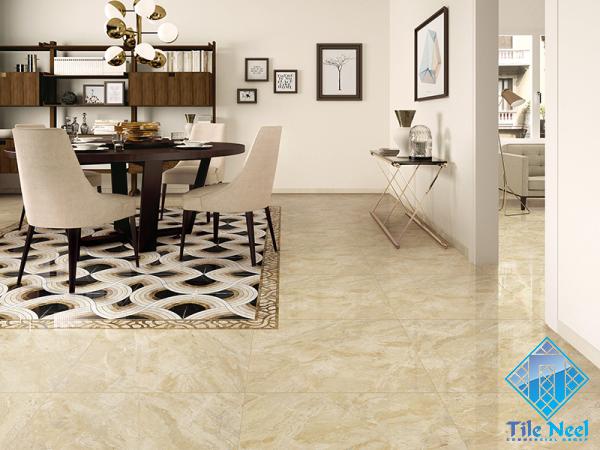 4. Installation: Installing ceramic tiles requires professional expertise, as the process involves mortar, grout, and precise cutting. It can be time-consuming and costly due to the level of skill and labor involved. Vinyl flooring, on the other hand, can be installed by professionals or even as a DIY project. Several varieties of vinyl flooring, like self-adhesive tiles or click-lock systems, make installation simpler and faster. This can be advantageous for businesses looking for a quick and cost-effective flooring solution. 5. Cost: Cost is often a significant factor for businesses, especially when it comes to large spaces.
4. Installation: Installing ceramic tiles requires professional expertise, as the process involves mortar, grout, and precise cutting. It can be time-consuming and costly due to the level of skill and labor involved. Vinyl flooring, on the other hand, can be installed by professionals or even as a DIY project. Several varieties of vinyl flooring, like self-adhesive tiles or click-lock systems, make installation simpler and faster. This can be advantageous for businesses looking for a quick and cost-effective flooring solution. 5. Cost: Cost is often a significant factor for businesses, especially when it comes to large spaces.
…
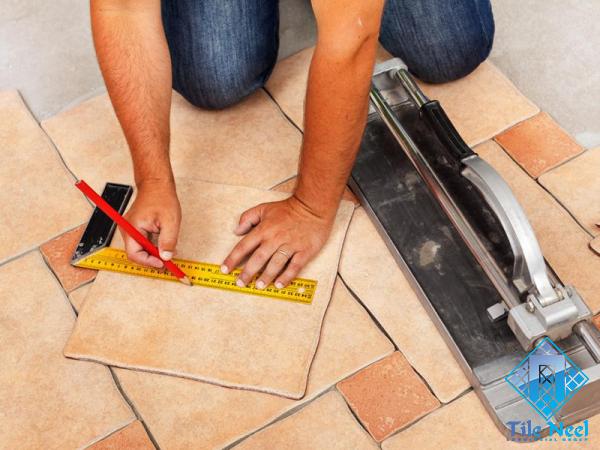 Vinyl flooring typically has a lower upfront cost compared to ceramic tiles. However, it is essential to consider long-term costs and durability. While ceramic tiles may require a higher investment initially, they are more likely to last longer, reducing the need for frequent replacements. Conclusion: Choosing between ceramic tiles and vinyl flooring for your business ultimately boils down to your priorities, budget, and aesthetic preferences. Ceramic tiles offer durability, timeless appeal, and a wide range of design options but come at a higher price tag. Vinyl flooring, on the other hand, provides cost-effectiveness, easy installation, and improved aesthetics but may not have the same level of longevity. Make sure to assess your business needs and seek advice from professionals to make the best flooring investment for your business.
Vinyl flooring typically has a lower upfront cost compared to ceramic tiles. However, it is essential to consider long-term costs and durability. While ceramic tiles may require a higher investment initially, they are more likely to last longer, reducing the need for frequent replacements. Conclusion: Choosing between ceramic tiles and vinyl flooring for your business ultimately boils down to your priorities, budget, and aesthetic preferences. Ceramic tiles offer durability, timeless appeal, and a wide range of design options but come at a higher price tag. Vinyl flooring, on the other hand, provides cost-effectiveness, easy installation, and improved aesthetics but may not have the same level of longevity. Make sure to assess your business needs and seek advice from professionals to make the best flooring investment for your business.
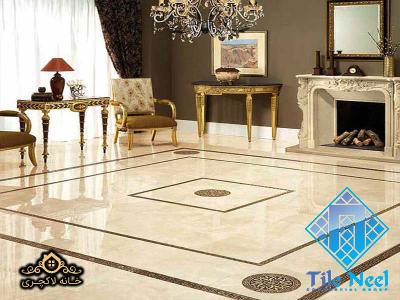
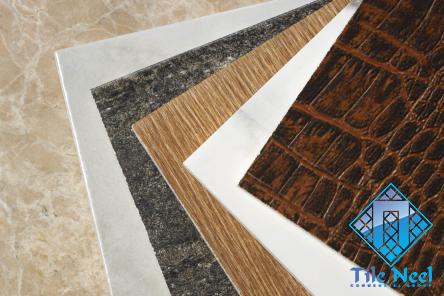
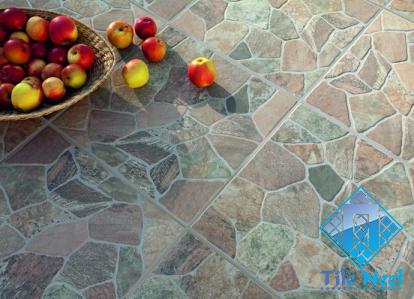
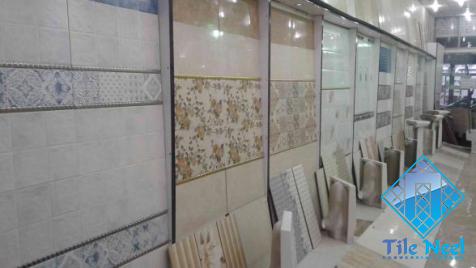
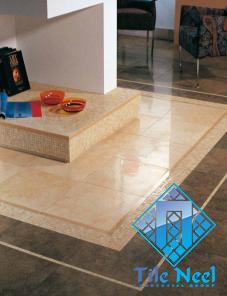

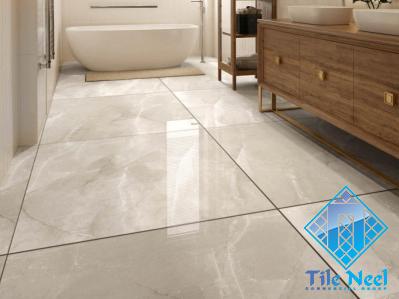
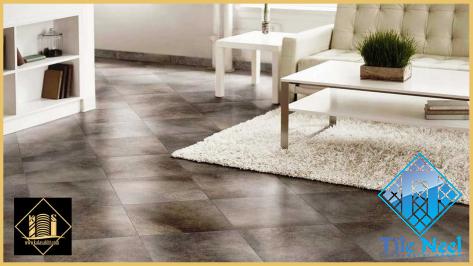
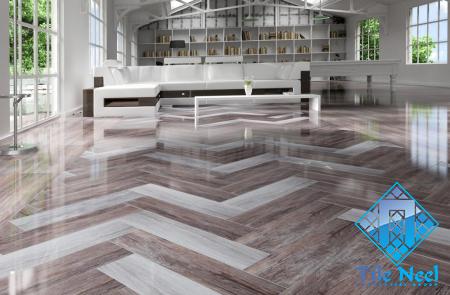
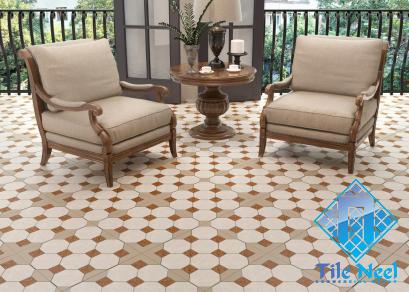
Your comment submitted.